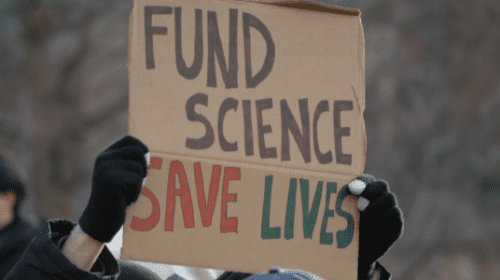We all knew this day would come….robots are taking over in the best possible way. Researchers at USC claim that AI (yep…robots) can map what qualities of our favorite songs give us the warm-and-fuzzies…and the mad-and-crazies. We’re all aware of just how much our beloved tunes can give us the impetus to do anything, including overcome alcohol and drug addiction. Whether we realize it or not, there’s a science to this inspiration, and the relationship between music and emotions.
In a new paper published by France’s ACM Multimedia, study authors explain how musical attributes like pitch, melody, rhythm and harmony elicit different types of cerebral activity, physiological reactions and emotions. They also assert that machine-learning can use these relationship maps to predict how people might connect with a certain piece of music.
Going Deeper
Just so we’re clear, we’re not talking about the obvious claims that Beethoven and Mozart can calm us down, or that Black Sabbath freaks people out. This an in-depth exploration of the relationship between music and emotions that measures direct physical responses, like sweating, body temperature and electrical responses in the brain.
Spotify and other streaming services played a large in the initial stages of the experiment, as researchers began by scouring the site and others like it for songs tagged with labels like “happy” and “sad”. They then narrowed down sixty pieces of music to one the that consistently induced happiness and two that induced sadness (Ólafur Arnalds’s “Fyrsta” and Michael Kamen’s “Discovery of the Camp” and Lullatone’s “Race Against the Sunset”). From there, they fed complex data, including song attributes, into an AI platform. Researchers think the findings can have meaningful implications for the field of music therapy.
Music, Emotions and Recovery
Recovery Unplugged has known for years that music and emotions are inextricably linked. While this level of granular research is admittedly interesting, we have never needed an algorithm to measure the profound changes that our clients experience when they leverage music in their substance use recovery. You don’t need to know how or why it happens (although it’s certainly cool to find out), just that it does. If you or someone you care about is struggling with alcohol or other drugs, put on your favorite record, pick up the phone, and call Recovery Unplugged today

























